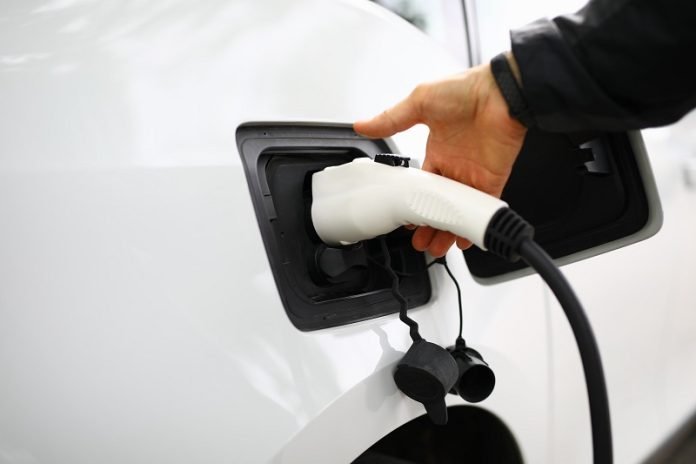
Electric cars are taking over, but this change is causing tension between car companies and workers.
Why?
Electric cars need fewer parts, which means fewer jobs. Many new factories that make electric cars are in states where worker unions are not strong.
These factories pay lower wages compared to traditional car factories.
Recently, the United Auto Workers (UAW) union went on strike. They are worried that the switch to electric cars will mean job losses and less money for workers.
On the other hand, car companies are saying that they are not making much money from electric cars yet. The fight between the companies and the workers is also a big political issue.
Some politicians want to speed up the change to electric cars, while others want to stick to gas cars for now.
In other countries like Germany, unions and companies work well together, even in electric car factories. But in the U.S., it’s different.
Many workers don’t want to join unions, and companies try hard to keep unions out. Still, some political leaders and environmental groups support the UAW. They say that as we move to cleaner cars, workers should also get a fair deal.
What can we do to make sure everyone wins? Well, electric car factories use a lot of technology. Workers can be trained to use this tech, which makes them more valuable. The companies should protect jobs and offer training.
They could also share some of their profits with the workers. This way, if the company does well, the workers do well too.
The change from gas cars to electric cars gives us a chance to create a new, better way of doing things. If we don’t, the tension between companies and workers will just get worse.
We also need new rules from the government to help workers adapt to new kinds of jobs and technology. If we do this right, we can have cleaner cars and happy workers.
Follow us on Twitter for more articles about this topic.



